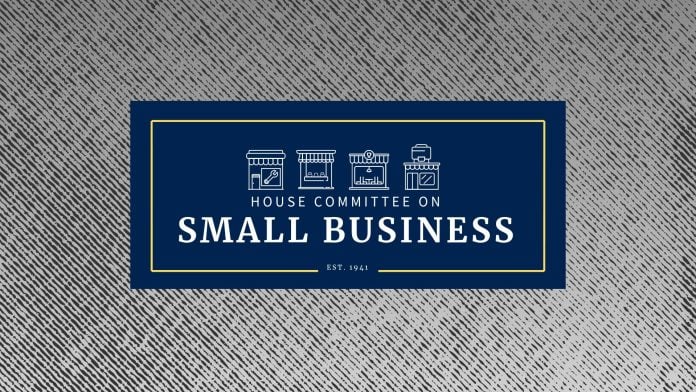The House Committee on Small Business is making strides to bolster small enterprises across the nation, as it prepares to markup seven critical bills aimed at empowering entrepreneurs. Chairman Roger Williams articulated the significance of these initiatives during his opening statement, highlighting their potential to drive innovation, growth, and competitiveness in an ever-evolving marketplace.
“Today, we will mark up seven important bills that support small businesses across the country,” asserted Williams. This bipartisan endeavor reflects a growing recognition that equitable access to resources can help small businesses not just survive, but thrive.
A substantial focus of the proposed legislation is the transformative potential of artificial intelligence (AI). As technology continues to evolve, small business owners can benefit significantly from enhanced access to AI resources and training. This move aims to ensure that smaller enterprises are not left behind in the digital revolution, enabling them to harness new tools that can streamline operations, improve efficiency, and enhance customer engagement.
Among the bills up for discussion are provisions aimed at strengthening the oversight of the SBA 504 loan program. This initiative is expected to improve access to capital for various industries, enhancing funding opportunities for small businesses that may currently feel overlooked by traditional lending practices. In an environment where financial resources are critical, such measures could help bridge significant gaps in funding, enabling small businesses to pursue growth and expansion more effectively.
Another noteworthy focus is the expansion of SBA microlending to the Commonwealth of the Northern Mariana Islands, an area often neglected in discussions surrounding small business funding. This particular bill is aimed at ensuring entrepreneurs in these territories have better access to capital, ultimately striving for greater economic parity across regions.
The legislation does not stop at funding; it also emphasizes fostering a culture of ownership within small businesses. One bill mandates the SBA to provide information about employee ownership models, encouraging entrepreneurs to consider alternative structures that may provide stability and long-term growth potential.
Moreover, a separate bill proposes the codification of the SBA’s Office of Advocacy’s Red Tape Hotline, designed to empower small businesses to report burdensome regulations. This is an important step in giving entrepreneurs a direct channel to voice concerns about regulatory hurdles that might stifle their growth.
While these initiatives present promising opportunities, small business owners should remain vigilant about potential challenges. For example, while enhanced access to AI can drive efficiency, implementing new technologies may require upfront investment in training and infrastructure. Additionally, the benefits of SBA programs can be contingent upon navigating the complexities of application processes and compliance with evolving regulations.
As Williams stated, “I’m proud of the continued bipartisan efforts that have resulted in today’s markup,” suggesting a unified front in recognizing the fundamental role that small businesses play in the American economy. These bills, which mark the passage of 18 small business measures this year alone, are awaiting consideration in the Senate, where their implications could further resonate with small business owners nationwide.
In a climate where small businesses are continually challenged by changing markets and regulations, this legislative push seeks to provide essential tools and resources. As the committee and stakeholders work collaboratively, entrepreneurs can anticipate a more supportive framework designed to facilitate their growth and success.
For more details on the markup and the specific provisions of each bill, you can access the original post here.
Image Via BizSugar



